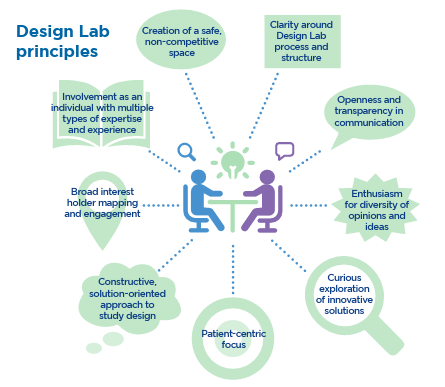Computational Cognitive Models of Behavior Change in the Real World and at Scale
This seminar of the Center for Quantitative Methods and Data Science (QM&DS), in partnership with the Biostatistics, Epidemiology and Research Design (BERD) Center at Tufts CTSI and the Data-Intensive Studies Center (DISC) at Tufts University, is Wednesday, March 30, 2:00-3:00PM via Zoom. The topic is Computational Cognitive Models of Behavior Change in the Real World and At Scale, presented by Peter Pirolli, PhD.
Psychology calls itself the science of behavior, but some have lamented that “cognitive psychology [has] never had much to say about the meaningful activities people perform in their daily lives, nor have they really intended to.” In this presentation, Dr. Pirolli discusses two threads of research on computational cognitive models of human behavior change in the ecology of everyday life:
- The first thread of research concerns models of health behavior change occurring in multi-week, in-the-world, experiments using mobile health applications designed to promote physical activity, stress reduction, and improved nutrition habits. These computational models, built in the ACT-R cognitive architecture, provide an integrated account of goal intentions, implementation intentions, self-efficacy, motivation, self-affirmation, and habit strengthening underlying more than a half dozen behavior change techniques.
- The second thread of research expands on ACT-R models of behavior change to address how humans responded to the COVID-19 pandemic. Heterogeneous behavioral responses over time and geographical regions depend on the individual beliefs and information consumption patterns of populations. To address the need for more precise and accurate epidemiological models, we are researching Psychologically Valid Agent models of human responses to epidemic information and non-pharmaceutical interventions during the pandemic.
Faculty
Peter Pirolli, PhD is currently a Senior Research Scientist at the Institute for Human and Machine Cognition. His research involves a mix of cognitive science, artificial intelligence, and human-computer interaction, with applications in digital health, sensemaking, and information foraging, among other things. Previously, Dr. Pirolli was at the Palo Alto Reseach Center, and was a Professor in the School of Education at UC Berkeley. He received his doctorate in cognitive psychology from Carnegie Mellon University in 1985. Dr. Pirolli received a B.Sc. in psychology and anthropology from Trent University. He has been elected as a Fellow of the National Academy of Inventors, the American Association for the Advancement of Science, the American Psychological Association (Div 3 and Div 21), the Association for Psychological Science, the National Academy of Education, and the ACM Computer-Human Interaction Academy. Please see his book titled “Information Foraging Theory: Adaptive Interaction with Information.”
Details
Wednesday, March 30, 2022, 2:00-3:00PM, via Zoom
Registration
To attend, please register here via Tufts CTSI I LEARN.



